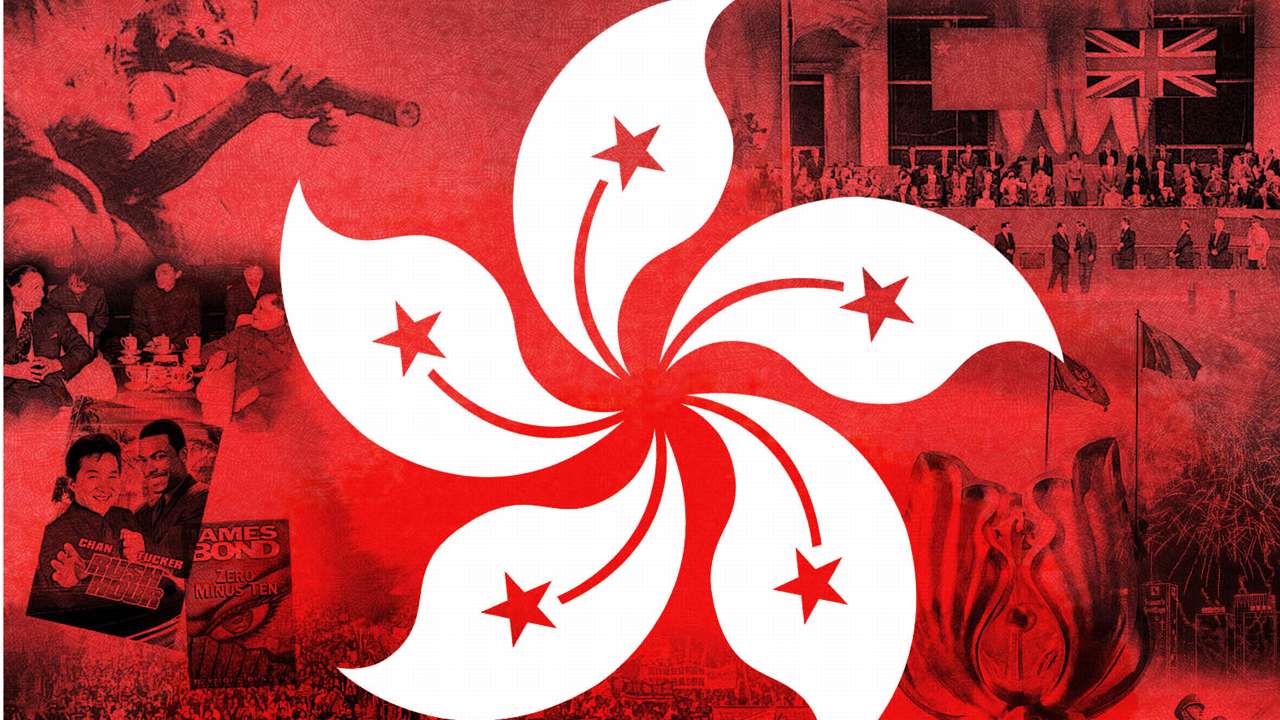On November 19th, 2024, the Munk School of Global Affairs and Public Policy welcomed Professor Saadia M. Pekkanen for a talk titled “Japan’s Grand Strategy in the International Relations of Space.” Professor Pekkanen is the Job and Gertrud Tamaki Endowed Professor at the University of Washington, where she teaches both Political Science and Law courses. She is also the founding director of the Space Law, Data and Policy program (Space LDP) at the Washington University School of Law and the Strategy, Policy, and Diplomacy Research (SPDR) at the Jackson School of International Studies. She is the most recent co-editor of The Oxford Handbook of Space Security (2024) and a member of the International Institute of Space Law (IISL) as well as the Council of Foreign Relations (CFR). This event was also moderated by Professor Phillip Lipscy, a Professor of Political Science and the director of the Centre for the Study of Global Japan at the Munk School. Held at the Observatory at 315 Bloor Street West, this event was hosted by the Centre for the Study of Global Japan in conjunction with the Munk School of Global Affairs and Public Policy.
The event primarily focused on Japan and its goals and developments in space technology, connecting it with the rest of the world. It looked at the importance of space, the impact space technology will have in civilian and military applications, and how this intersection affects space politics in the status quo.
Professor Pekkanen began the discussion by explaining the importance of space and why we, as humans, should care about what happens beyond our atmosphere. She explains that the economy of space is incredibly vast and filled with potential. While it is currently sitting at just over half a trillion dollars, the projected value is expected to grow by 1.8-2 trillion by the mid-2030s. Professor Pekkanen asserts that space is far from an obscure topic on the global stage: in fact, every state has a vested interest in some form of space control. For instance, Japan has spent years building its space program and is now among the few nations capable of supporting independent access to space, positioning itself as a global leader in space technology. Moreover, space technology is incredibly practical, with over 85% of it being cross-applicable in both military and civilian uses. This is because a lot of space technology intersects with developments on the ground, with industries like cyber or AI incredibly important to space and Earth. Professor Pekkanen then uses the example of the development of Ariel combat to illustrate the magnitude of impact space technology can have on the world. Historically, armies ruled the land, and navies controlled the seas, but with the introduction of the Air Force, the world was flipped on its head. This innovation completely redefined how combat was conducted, irreversibly altering the nature of conflict. She explains that space technology can similarly affect the world, fundamentally changing how we think, act, and work.
Professor Pekkanen posits three discussion points: where Japan’s space ecosystem stands, how global security frames Japan in the International Relations of space, and its significance for the world and development.
Professor Pekkanen explains that Japan’s space development has come a long way technologically, politically, and structurally. The Japanese space program came from humble beginnings. Japan’s first rocket was the size of a pencil launched from the University of Tokyo and now boasts a budget of 3 billion dollars per year. It is developing some of the largest rockets anywhere in the world, with the ambitions of international human outposts on the Moon and even Mars. Similar to its development, the focus on law and policy surrounding space exploration has grown exponentially. In 2008, the Basic Space Act was passed to encourage and allow space agencies in Japan to further their exploration and development. This led to many startups innovating on existing structures until Japan reached its current space program. While development itself is promising, the structure allowed for the prevalence of innovation to shine. Professor Pekkanen explained how the Japanese space program was incredibly well-structured with a clear chain of command, allowing for a structurally sound operation.
Professor Pekkanen then expands on how Japan is framed through the lens of the international relations of space. She talks about Japan’s grand strategy, which is the focus of her research. She explains that Japan’s actions can be understood through the lens of states and neoclassical realism adapted to a grand strategy’s thinking. Recognizing the role of space in its national prosperity and security, Japan immediately began work to produce a world-class space program. Today, Japan is one of five countries with independent launch capabilities, an incredible feat.
Regarding technology and economics, Japan already holds a large market share, but Professor Pekkanen explains how Japan is reestablishing old companies to better fit its new grand strategy. There are many examples, but the most prominent one is Mitsubishi, which shifted into the aerospace market to better suit the Japanese grand strategy’s needs and simultaneously reinvented itself. She goes on to explain how this all fits into the realist framework for the expansion of the influence of Japan.
She concludes the last talking point by discussing Japan’s role in global development. Here, she explains the bipolarity in the status quo, with the US and China being the two major players on the international stage. She then outlines Japan’s unique position in this bipolar world, explaining how they must play into these same politics in outer space because of Japan’s space initiative. She describes how state actors are responding to political threats and economic opportunities regarding space and how Japanese statecraft outlines a “watchful, purposeful, and prudent state” that positions itself very strategically. She further explains how Japan’s grand strategy in the international relations of space is a proactive one on all fronts. This proactive positioning allows Japan to have advanced technology despite competition from other powers like China. It also allows them to set pragmatic expectations of building a peaceful international order in space, ensuring a degree of order when more countries inevitably enter the space age. The last benefit is its ability to cultivate an image as a reasonable, pacifist actor in international relations. This coincides with creating a peaceful international order because being perceived as a pacifist allows it to have unique powers and respect within the international community.
Ultimately, Japan’s development and presence in the world order further the country’s grand strategy in international space relations. Japan has established itself as a world leader in space innovation. This stance reinforces Japan’s scientific and technological leadership and seeks to further national interests in an increasingly competitive domain.
Event Images


Brandon Zhang is a third-year political science student with a focused interest in immigration policy and East Asian studies, particularly on issues relating to China, Taiwan, and North and South Korea. His studies reflect a dedication to understanding complex geopolitical dynamics and the evolving role of immigration in shaping societies.








